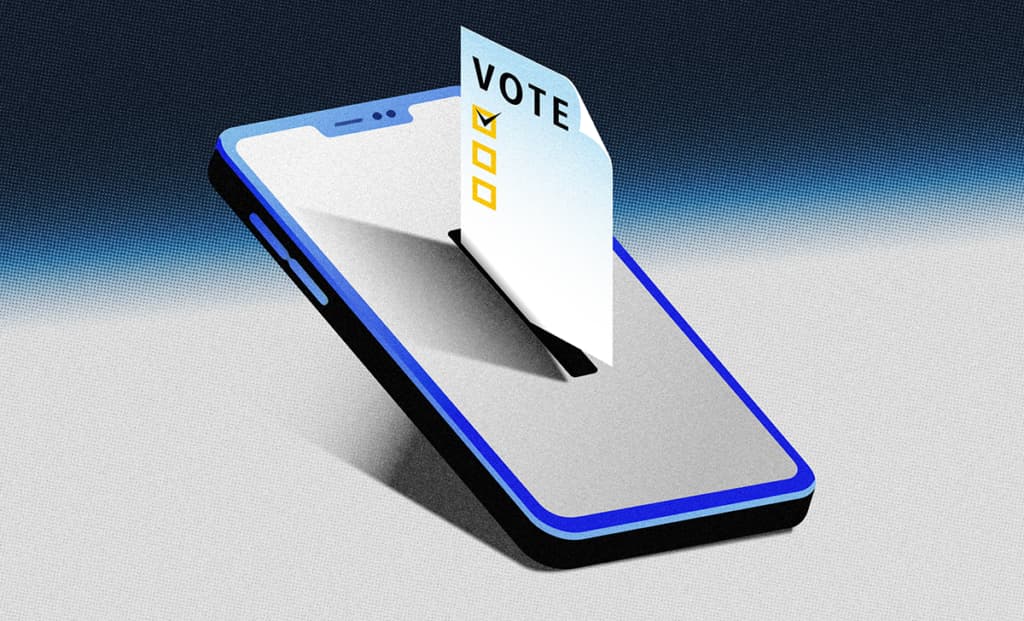Governance tokens are a type of cryptocurrency that allows token holders to vote on the direction of a blockchain project. The primary purpose of governance tokens is to decentralize decision-making and to give holders a say in how the project is run.
Although every protocol has unique ways of dealing with blockchain governance, many believe this tokens provide the best solution. They may not be perfect, but they’ve influenced how dApps (decentralized apps) reach agreements.
Governance token-holders are usually more invested in the project’s success as they stand to gain or lose more, depending on the outcome. Community members can use tokens to influence a blockchain protocol’s direction and features directly. As such, it is possible to implement changes related to the user interface, vote on fees and reward distribution, or even modify the underlying code of a project.
Most decentralized finance (DeFi) tokens are governance tokens; voting is not their only defining feature. People possessing these governance tokens can use them to take out loans, stake them, and earn money through yield farming. Given all this, their primary function is still to distribute power.
How do governance tokens work?
Before understanding how governance tokens work, let’s look at the meaning of governance.
Governance is the process of overseeing or controlling an entity, including the entity’s hierarchy, operations, and systems.
It’s impossible to explain governance tokens without a basic understanding of how blockchain governance works.
Blockchain governance includes the activities and protocols involved in reaching agreements and implementing changes in a crypto project.
Although permissioned blockchains can have a hierarchical governance structure, open-source projects try to maintain decentralization.
Instead of dictating a project’s future directions, many Web3 developers will submit improvement proposals online and put them up for a community vote. The community’s response to these proposals will determine these directions.
Governance tokens act as the foundation to establish decentralized governance in decentralized autonomous organizations (DAOs), DeFi projects and decentralized applications (DApps).
Users who have made significant contributions to the community or have demonstrated loyalty are frequently awarded governance tokens. Tokenholders then vote on key issues to ensure that the projects progress effectively. Generally, people vote by utilizing smart contracts so that the results are tabulated and enacted automatically.
Each project has its own set of governance token rules. They are dispersed to stakeholders, including the founding team, investors and users, using various calculation methods.
Some governance tokens only vote on a limited number of governance issues, while others vote on everything from development updates to smart contract revisions. Similarly, some governance tokens have the option of generating financial returns; others do not.

What are governance tokens used for?
The main feature that separates governance tokens from other cryptocurrencies is that they come with voting rights. The population of governance token holders can make decisions collectively, influence decisions, or propose changes. These include e.g. the cost of transaction fees or UI (user interface) changes.
Votable parameters vary from project to project. The most influence is wielded by those who hold the most tokens, which in many projects are the founders, team, or investors.
They are not solely meant to confer voting rights. Many blockchain projects also allow them to be used in a number of other ways, including:
- Staking and lockups
- Lending and borrowing
- Yield farming
- Cash flow from fees
Key Takeaways
- Governance tokens allow holders to vote on decisions in decentralized autonomous organizations (DAOs)
- DAOs use governance tokens to distribute power and influence among members rather than concentrating it in a top-down way like traditional organizations.




